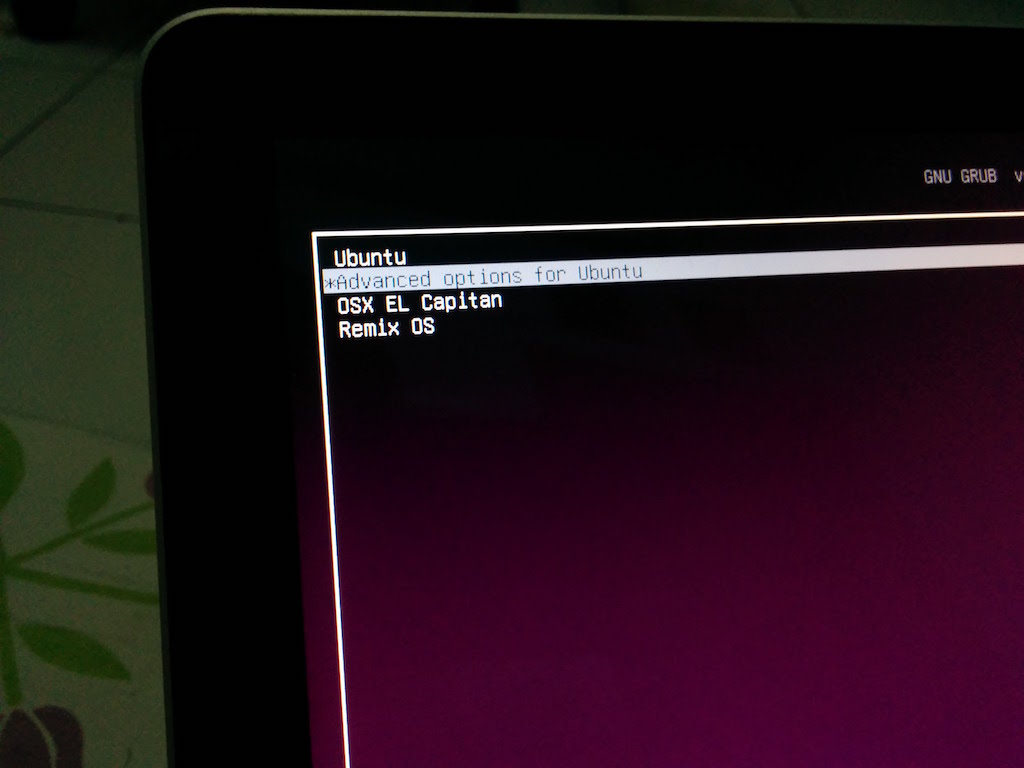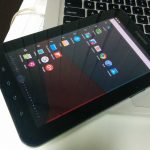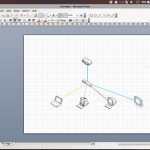So you have done installing Ubuntu or Linux Mint on MacBook Pro by following the articles on this site. Although both Ubuntu or Linux Mint work well on MacBook, you may want to remove GRUB Bootloader MacBook Pro for some reasons. This article guides you how to remove GRUB Bootloader on MacBook Pro. It should be also applicable for MacBook Pro, MacBook Air, iMac and Mac Pro.
Absolutely it is very easy to remove GRUB Bootloader MacBook Pro. Once it is removed, it will automatically restore with the Mac Boot loader.
Let’s go to the guide to Remove GRUB Bootloader on MacBook Pro
- Boot into OS X and open Terminal (Utilities/Terminal)
- In Terminal application write the following commands!
mkdir mnt (I assume that no mnt folder before) sudo mount -t msdos /dev/disk0s1 mnt cd mnt/EFI/ sudo rm -rf ubuntu sudo reboot
- Reboot the Mac
Once the MacBook reboot, you should not see the Ubuntu GRUB Bootloader anymore.
To make it easier to follow the guide above, I have create a video that you can find below
Hopefully this brief post is helpful for you to remove Linux Grub Boot loader on your MacBook.



Worked like a charm. Have been trying to clear out GRUB from my HD for a while. Will bookmark this page for future reference. Thanks!
The first command resulted in the error message of “read-only filesystem”.
So my first command was:
cd /Volumes
And the rest worked like a charm. thanks!
I would be careful mounting it under /Volumes.
In particular, I would be afraid that by doing so, the Finder might see it and start writing stuff to the EFI partition (e.g. a .Trashes folder, .ds_store files, etc.). I’ve read reports that this can corrupt the EFI partition, rendering your Mac unbootable, forcing you to wipe the drive and reinstall from a backup.
If “mkdir mnt” didn’t work, then that just means your current directory is read-only. A simple “cd” command to move to your home directory first (so EFI gets mounted under /Users/username/mnt) should be sufficient.
This solved my problem perfectly. Thank you.